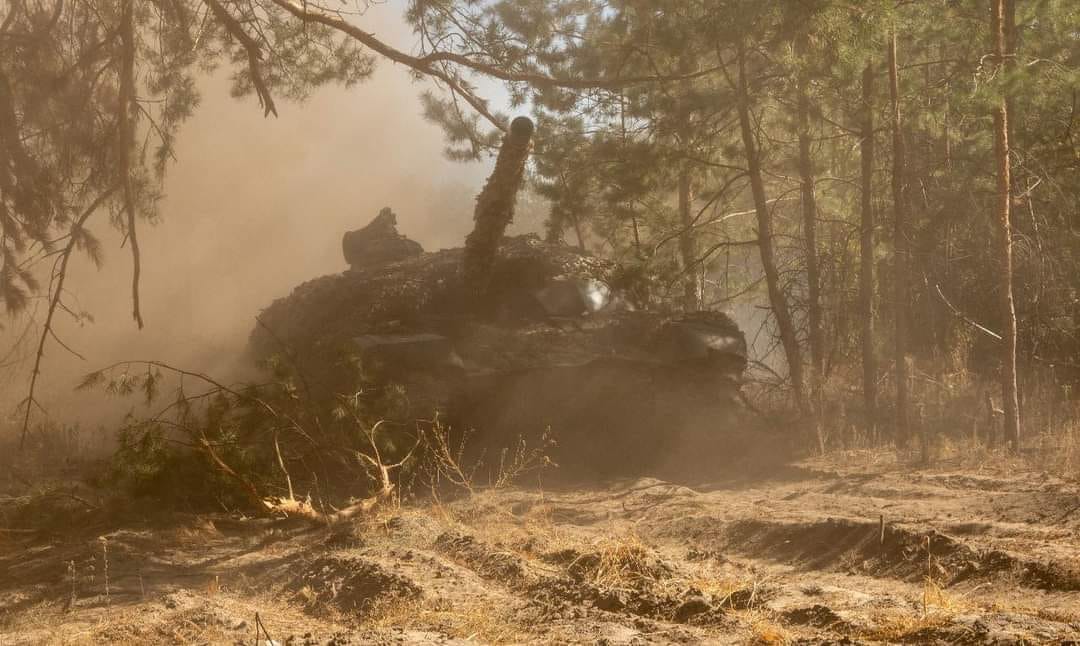Rigid political leaders and bureaucrats are not the only ones engaging in diplomacy and critical intergovernmental affairs, which can only be a good thing.
When Minister of Foreign Affairs Dmytro Kuleba visited Belgrade in early May, he was part of a delegation with First Lady Olena Zelenska. I hope therefore he did not mind being in the background on this visit, despite being the first high-ranking Ukrainian official to visit Serbia since the start of Russia’s full-scale aggression.
JOIN US ON TELEGRAM
Follow our coverage of the war on the @Kyivpost_official.
Ms. Zelenska’s visit came as something of a surprise to the Serbian public. Older people would well remember the protocols of high state visits in the past, which typically included presidents, prime ministers and kings accompanied by their wives.
The first lady received first-class social and even political treatment from the domestic public. Together with Tamara Vučić, the wife of Serbian President Aleksandar Vučić, Ms. Zelenska had a busy program in Belgrade.
The two first ladies visited Belgrade Fortress, a mediaeval landmark in Serbia’s capital. They also opened a Ukrainian literature section in a mid-19th century city library, situated on the foundations of the Roman walls. Additionally, they visited a youth center and spoke at a major international event on mental health. Another highlight was being present at the signing of an agreement on cooperation between the University of Belgrade and the “Taras Shevchenko” University of Kyiv.

Europe Approves $4.1 Billion in Aid for Ukraine, Seeks Tougher Sanctions on Russia
Photos from these events have taken many Serbians by surprise, especially having become used to the international meetings of mostly frowning politicians.
The two first ladies have done important work for their respective countries' relations. They have been active in areas that often receive limited attention, but that people find most interesting, such as culture, healthcare, and support for young people, refugees and those who are sick.
Burgeoning cooperation
The meeting between Ms. Zelenska and Ms. Vučić in Belgrade is not their debut on the joint Serbian-Ukrainian stage. In the initial months of Russia’s full-scale invasion of Ukraine, the two began working on the delivery of aid supplies for Ukraine, ensuring that ambulances with full equipment from Serbia arrived at health centers in Kharkiv and Cherkasy before the end of 2022.
Cooperation strengthened in September 2023, when Ms. Vučić, a diplomat by profession, visited Kyiv and participated in the summit of the first ladies and gentlemen. The principal topic was the mental health of individuals affected by the war. As a result, the meeting in Belgrade was a return visit for Ms. Zelenska and a continuation of the joint work with the first lady of Serbia.
Some of the world's biggest media outlets have been searching for hidden meaning, signs and signals around the recent visit, for example relating to the maneuvering of President Vučić, who is often described as pro-Russian in the West, or about Belgrade’s tactics following the visit of Chinese President Xi Jinping just a few days before the visit of Ms. Zelenska.
Such speculation is deeply unfair to the shared mission of the two first ladies – a profoundly humane mission of two women who put their influence exclusively at the service of ordinary people.
Serbia itself had the difficult experience of war not so long ago, with millions of refugees, destroyed homes, and human suffering on a large scale. Today, Serbian society has not forgotten the trauma of conflict in the 1990s. This was the reason for the joint effort with Ukraine – a close country whose people are experiencing similar trauma and with an opportunity for solidarity and support.
The friendly meeting of the two first ladies in Belgrade should not surprise anyone. It served as a deepening of the generally good relations between the two countries and their people.
I recently wrote at length in Kyiv Post about the extent to which these relations differ from the usual clichés in the international media, primarily that Serbia is supposedly an ally of Russia.
What could better confirm the close relations between Belgrade and Kyiv than Russia's reactions to Ms. Zelenska's visit to Serbia? It mostly boiled down to the words “shameful,” “disgusting,” and “blow to Russia,” directed at Serbia, its president, and his wife. This is not unexpected and warrants no attention.
The presidents of Serbia and Ukraine, Vučić and Zelensky, are in close contact and have met three times since the start of Russia’s full-scale invasion. Both had only positive perceptions and assessments of the talks.
At the same time, their wives have been working even more intensively, although unfortunately (or fortunately) with less media attention. This does not diminish the significance of their joint work. On the contrary, it enhances it.
Meetings of first ladies are also meetings of wives and mothers. Their husbands will never be able to have this power of positive influence on the public. If the goal of the first married couples of Serbia and Ukraine, and at the same time, the policy of the two countries, is to connect the two nations as much as possible and bring them closer together, then Vučić and Zelensky have been doing a good job.
The female part of this intergovernmental bridge plays a significant and irreplaceable role, which Ms. Vučić and Ms. Zelenska fulfil to the full benefit of their nations.
The views expressed in this opinion article are the author’s and not necessarily those of Kyiv Post.
You can also highlight the text and press Ctrl + Enter






